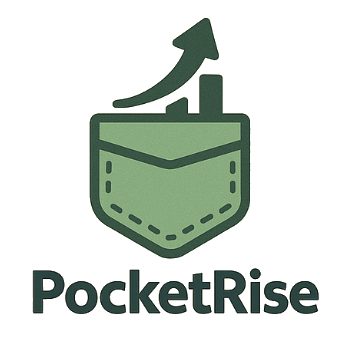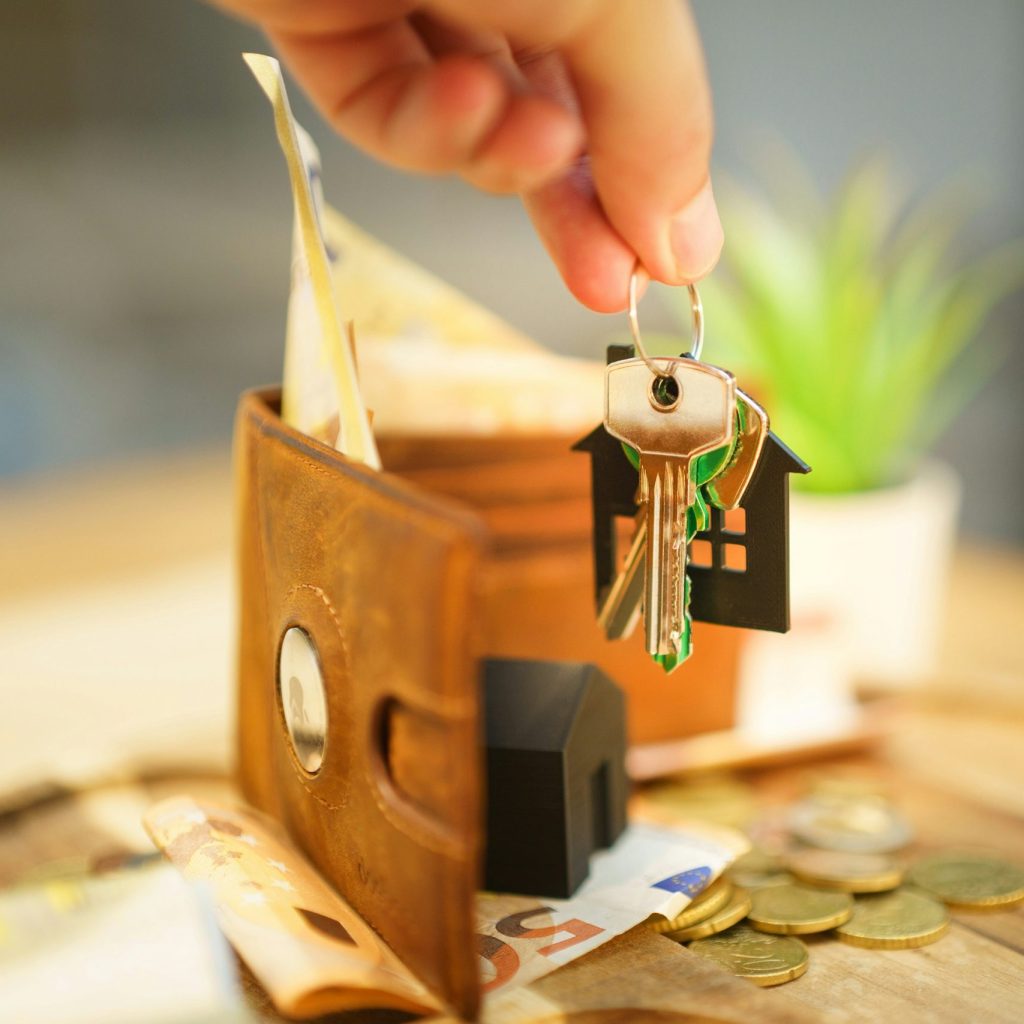If you’re just starting your financial journey, building credit can feel confusing – but it doesn’t have to be. Whether you’re a student, recent graduate, or new to the U.S., having a solid credit history is essential for everything from renting an apartment to getting a loan or even landing a job. This guide will walk you through how to build credit from scratch – the right way.
1. Understand Why Credit Matters
Your credit score is a 3-digit number that tells lenders how trustworthy you are with borrowed money. It’s based on your credit history, and it’s used to decide:
- Whether you’re approved for loans or credit cards
- What interest rates you’ll get
- Your eligibility for renting, utility deposits, or even employment
Starting strong means making good decisions early.
2. Get a Secured Credit Card
If you don’t qualify for a traditional credit card yet, consider a secured credit card. Here’s how it works:
- You put down a cash deposit (usually $200–$500)
- That becomes your credit limit
- Use it like a regular card and pay it off in full each month
This helps establish payment history – a major factor in your credit score.
3. Become an Authorized User
Ask a parent or trusted friend with good credit if you can be added as an authorized user on their credit card. You’ll benefit from their positive payment history, which helps you build credit without taking on risk.
Tip: Make sure their credit habits are strong. Their late payments can affect your score too.
4. Apply for a Credit-Builder Loan
Offered by some banks and credit unions, credit-builder loans are designed to help you build credit. Instead of giving you money upfront, the lender holds it in a savings account. You make small monthly payments, and when it’s paid off, you get the money – plus a better credit score.
5. Pay Bills on Time – Always
Payment history makes up 35% of your credit score. Whether it’s a loan, credit card, or utility bill, missing payments can damage your credit quickly.
Set reminders or autopay to make sure you never miss a due date.
6. Keep Credit Utilization Low
Credit utilization is the percentage of your credit limit you’re using. Try to keep it below 30%. For example:
- If your limit is $1,000, stay under $300
- Pay off your balance in full if possible
- Don’t max out your card just because you can
7. Check Your Credit Report Regularly
You’re entitled to one free credit report each year from each of the three major bureaus (Experian, Equifax, TransUnion). Go to AnnualCreditReport.com to request it.
Check for:
- Errors
- Fraudulent activity
- Missed payments you didn’t notice
Final Thoughts
Building credit from scratch doesn’t have to be overwhelming. With a little patience, smart habits, and the right tools, you can create a strong foundation for your financial future. Start small, stay consistent, and watch your credit grow.



